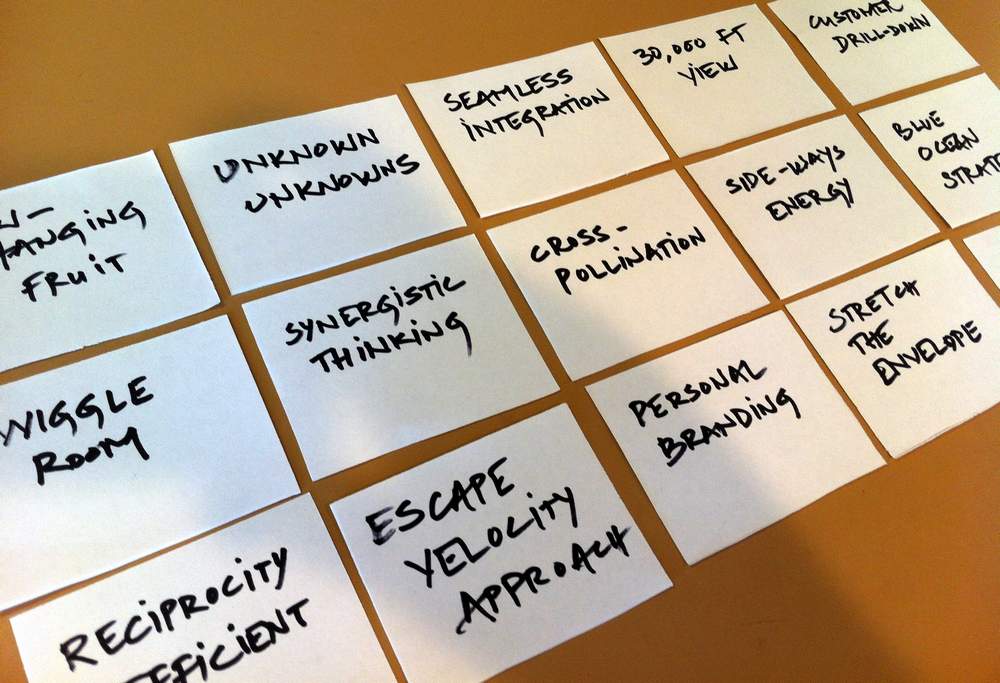When speaking to an audience, clarity and conciseness are critical.
Even the most exciting content can become meaningless if your audience can’t absorb your message.
When preparing a speech, begin at the end
Ask yourself, “If my audience can remember only three points from my presentation, what do I want them to remember?” Distill your message into three six-word bumper stickers. Frame your presentation around those three core messages.
If you’re addressing an audience that you aren’t familiar with, ask the organizers for the names of a half dozen people who will be in the audience. Contact them and find out about their backgrounds and their expectations for your presentation.
Don’t assume that ‘easy to understand’ could be interpreted as ‘too simple.’
Engage your audience effectively by quickly introducing your messages, perhaps with an interesting story or anecdote. Explain why you care your messages so deeply, and convince your audience members that they should, too.
Being short and snappy also helps you finish promptly and show respect for your audience’s schedules.
Idea for Impact: Don’t try to cover too much ground
A great speaker is made not by what they say but by what they choose not to say. Be clear on the purpose of your presentation and let that govern what content you include or exclude.
 Turn off all new email notifications.
Turn off all new email notifications.
.jpg)


.jpg)